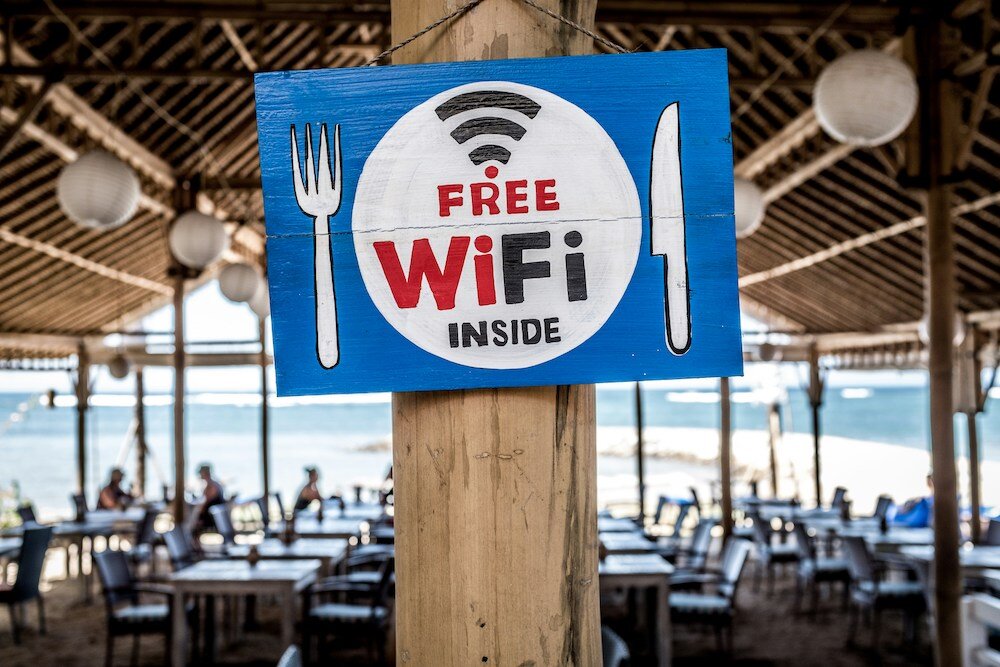Public Wi-Fi networks, while convenient, pose significant security risks. By understanding these risks and taking proactive measures, you can protect your sensitive information when using public Wi-Fi.
Related Article: A BEGINNERS GUIDE TO CYBERSECURITY
What are the Risks?
Man-in-the-Middle Attacks
Data Sniffing
Weak Encryption
How to Stay Safe:
- Avoid Sensitive Activities: Refrain from conducting sensitive activities like online banking, shopping, or accessing personal emails on public Wi-Fi.
- Use a VPN: A Virtual Private Network (VPN) encrypts your internet traffic, making it much harder for hackers to intercept your data. A VPN can also mask your IP address, providing additional privacy.
- Enable Strong Wi-Fi Security: If you're setting up a public Wi-Fi network, use a strong password and enable WPA3 encryption, the latest and most secure Wi-Fi standard.
- Be Cautious of Public Wi-Fi Hotspots: Avoid connecting to public Wi-Fi hotspots in unfamiliar locations, as they may be less secure.
- Keep Your Software Updated: Ensure your operating system, web browser, and other software are up-to-date with the latest security patches.
- Use HTTPS: Whenever possible, use HTTPS websites, as they encrypt the communication between your browser and the server. Look for the padlock icon in your browser's address bar.
- Be Wary of Phishing Attacks: Be cautious of suspicious emails or messages that may try to trick you into revealing personal information.
- Use Two-Factor Authentication: Enable two-factor authentication for your online accounts to add an extra layer of security.
This proactive approach not only helps in safeguarding your sensitive data from potential cyber threats but also ensures that your personal and financial information remains secure. By implementing these strategies, you can confidently use public Wi-Fi without the constant worry of data breaches or unauthorized access to your private information. Whether you are traveling, working remotely, or simply enjoying a coffee at your local café, these measures provide a robust defense against the vulnerabilities inherent in public Wi-Fi usage, allowing you to maintain your privacy and security in an increasingly digital world.



